Can You Learn To Write a Song?
Can You Learn To Write a Song?

When you turn on the radio, or surf through YouTube, or even when you’re shopping in your favorite store, you hear song after wonderful song. Old and new, lyrics and melodies have an endless fascination for most of us, and form the background of our lives.
Songwriting is really part of life.Before human beings had coherent language, it’s likely that they had songs. The tribe’s cries of joy when they finally bring down your prey at the end of a long hunt in a lean time, a mother’s soothing nonsense to quieting a restless baby – it’s easy to imagine that these human emotions would be turned into songs and music.
So can you learn to write a song? Through the years, many people have tried and failed. So what kinds of mistakes to people make?
A recent song written for a national patriotic song competition in a central American country contained the excruciating line,
“I am a woodcutter.
I like my bread with lots of butter”
The poor writer was trying to list the different occupations of his country, and to say something about each one. He shoe-horned any old rhyme into his masterpiece, the tune, well, tuneless, and the singer was flat or sharp in turns. The result was terrible (though funny).
So one of the first lessons to learn is that you don’t have to worry about rhyme. Sure, a rhyme can make a good hook, but it’s not essential. One of the most beautiful songs ever written has virtually no rhymes.
“Some enchanted evening
You may see a stranger
You may see a stranger
Across a crowded room
And somehow you know
You know even then
That you want to see her again and again.”
There’s a little rhyme at the end, but otherwise – nothing. The melody and the simple rhythmic beauty of the words do it all.
If you are lucky, you can write both melody and words; writers like Lennon and McCartney were adept at this. Many people can do just one or the other. For example, Sir Elton John writes the music, and generally Bernie Taupin writes the lyrics. (Sir Elton says that if he doesn’t have the melody in about half an hour, he just abandons the song – he is that instinctive.)
Of course, most of us aren’t geniuses, but equally, most of us with even a modest capability of writing words and/or music can learn to write songs.
The majority of popular songs consist of a verse, a chorus, and a section known as a middle eight. Not all songs follow this pattern. Lets take a very popular song, Paul McCartney’s “Yesterday”. This has verses, and a middle eight section (“Why she had to go, I don’t know, she wouldn’t say etc). The middle eight gives the listener a change of pace anew element of the melody to enjoy and it can even signal at transition form one mood to another. If you want to write a hit song, then you need to find a hook – a musical phrase and words which immediately engage the listener. For example,
“Calling out around the world
Are you ready for a brand new beat?”
Or
“Will you still love me tomorrow?”
Studying great songs is vital if you’re to learn to write songs yourself. Take apart the words, listen to them sung, and look at them written down on paper. If you are a music writer, look at how chord sequences and rhythm are used to set a mood and a feeling.
Another great idea for the aspiring writer is to pick a topic that is a little out of the ordinary. A good example is The Kinks’ “Come Dancing” It has verses, a chorus and a middle eight in classic format, as well as an engaging and danceable melody and some great instrumental backing. It’s a story song, about a brother’s memories of his big sister going out dancing on a Saturday night. It’s about the bonds of memory and affection, and how we grow up yet we’re still young.
How many songs are there about this kind of warm family feeling? Look for topics that will engage people, not just “Moon, June, Spoon”, and you have the best chance of standing out from the crowd of aspiring song writers.
——————————————————————————————————————————————————————————————————————————-
Be sure to click on the photo-ad below:


